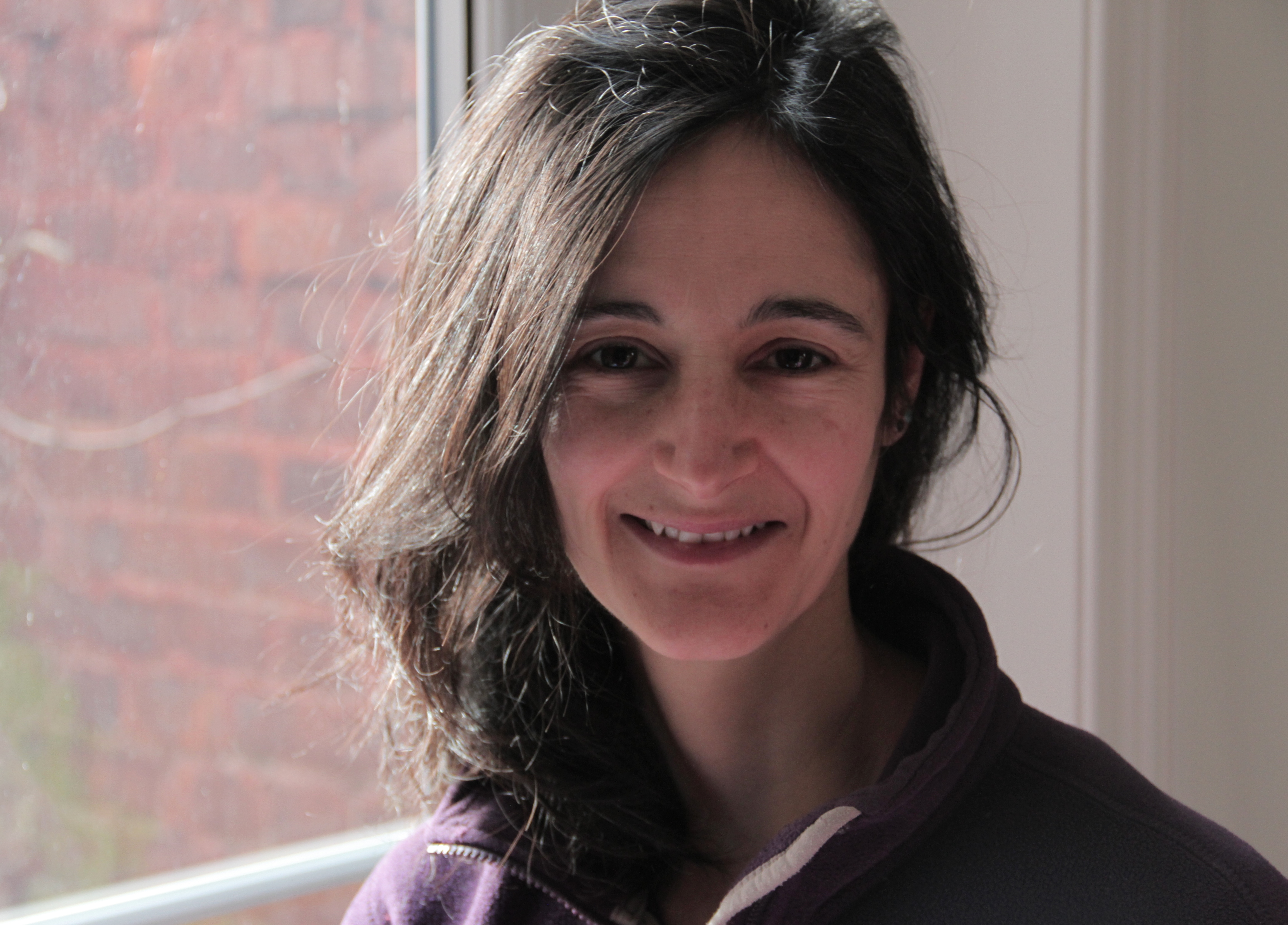For many, our 20s is a time of major life transition. Leaving the parental home, leaving full time education, looking for work, struggling financially, getting into and out of relationships, forging an identity in the adult world, are common challenges.
In a culture that prizes youth and denies ageing, the difficulties involved may be easily overlooked. And as if all this wasn't enough to be dealing with it is often at such testing times of transition, that deeper issues become most apparent.
Without the familiar structures of family, home, college, routines and people to hold us in the world, we may suddenly find ourselves in crisis or struggling to function. We may be anxious, depressed, feel unable to leave the house or even get out of bed, or be caught in self-destructive patterns of behaviour in our relationships with other people, with food or with drugs and alcohol.
These patterns can shape our lives. So, as they come to the fore at this time of life-change, now may be an optimal time to address them. There's a silver lining to many a crisis; therapy offers one route to finding it.
The developmental stages
The psychologist and psychoanalyst Erik Erikson identified eight developmental stages over a human lifetime, each defined by a particular 'psychosocial' crisis. Early adulthood 20-39yrs , he says, brings with it a conflict between intimacy and isolation as we form relationships with partners and friends. How well we have negotiated earlier developmental stages will affect our ability to negotiate this one, so earlier difficulties may well show up now. Importantly, we can revisit these.
For some, short-term therapeutic support through a time of crisis can offer a space to think things through, to understand what or whom may be pulling us in one direction or the other, to get in touch with how we are feeling and what we need and want at this time. It can offer an experience of being listened to with acceptance, curiosity and compassion, and without judgment. Experiencing this kind of support offers a resource that can be accessed again when needed.
For others, longer-term work is beneficial, offering space to explore our ways of being in the world. The environment we grew up in may have affected us in the development of, for example, our sense of autonomy and resilience, or our capacity for intimacy. Growing up within difficult family relationships, or in an invalidating environment, or in a culture of not being able to express difficult feelings, or in a relational environment of trauma, neglect, abuse or violence, you will have adapted as best you could. But some of the coping strategies you have developed to manage your feelings may now be making life pretty tough.
You may have disconnected from painful feelings, avoided close relationships, or tried to please others and just ended up feeling used; you may have regulated your emotions by drinking, bingeing or restricting food, or hurting yourself. You may feel out of control, or hopeless and depressed.
Therapy offers a space to look at your patterns of feeling, thinking and behaving, and at what may be underlying them. Your therapist can support you to be with and learn to tolerate what's painful rather than having to rely on less helpful coping strategies. In doing so, she/he can offer you a new experience of relationship and the freedom to try out new ways of being - with yourself and with others.
There's no 'right time' for therapy - I've worked with clients between 20 and 70 years old. But if the opportunity presents itself, especially in the form of a crisis, I can't think of a better time of life than your 20s to invest in yourself and your future. Therapy takes courage, it takes time, and it can take money - although there are good low-cost therapy services and if you're a student, colleges and universities offer limited free counselling.
Zoe Hassid is a verified Welldoing psychotherapist in London and online

